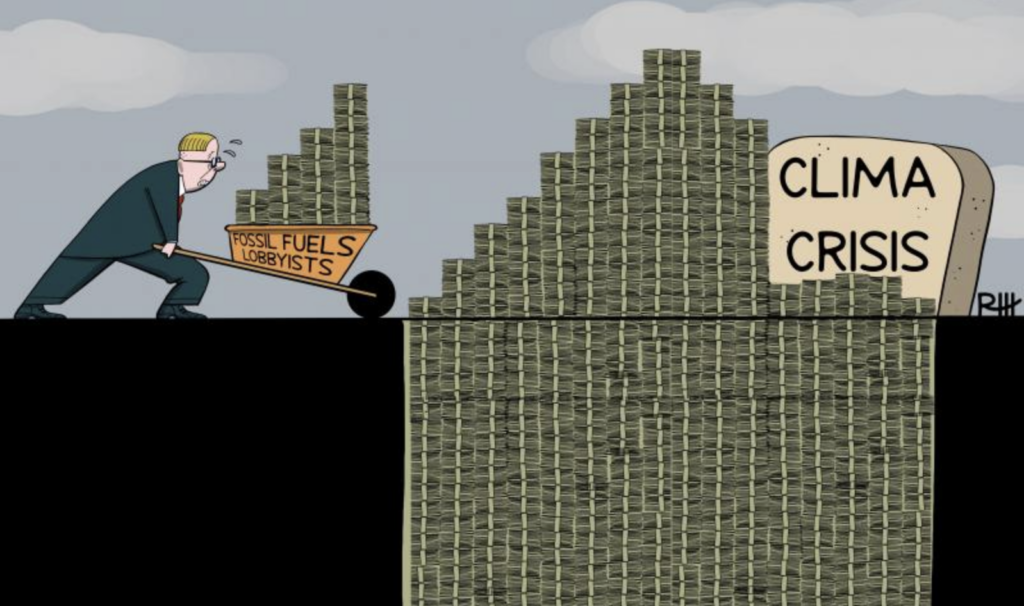A wonderfully reassuring headline appeared in Toronto’s National Post newspaper on Wednesday, Nov. 30, 2005: Global Warming: Good for Canada.
This flat statement of fact was offered over a story by “Science writer Stephen Strauss,” who set about debunking an earlier story that had warned of the possibility of severe droughts changing the landscape on the Canadian prairie. Strauss had done a little extra work on the file and found that the full Nature magazine article had said, in Strauss’s words “These models predict that because of global warming, most of Western Canada is going to get wetter. A lot wetter.”
Strauss made no allowances for the fact that a goodly part of “Western Canada” is already quite wet enough, thank you. Neither did he suggest when the “wet” will apply. Should he ever spend a rainy late-August afternoon with a prairie farmer, Strauss might learn something about how irritating unpredictability can be when it comes to the western weather.
Jumping from this out-of-context “discovery” to a conclusion that global warming will be good for the country is a typical – if frightening – example of how the climate change discussion flips into unreality.
Subscribe to our newsletter
Stay up to date with DeSmog news and alerts






